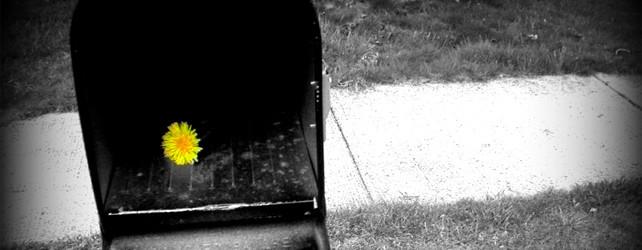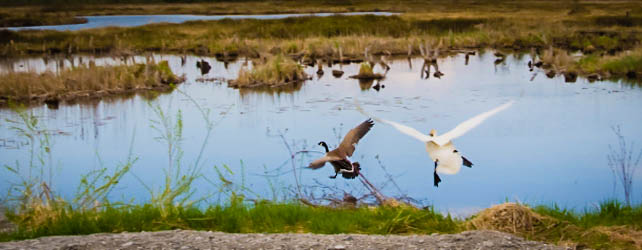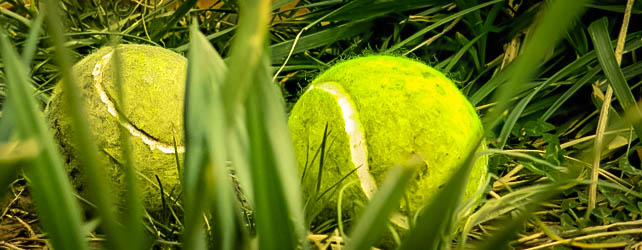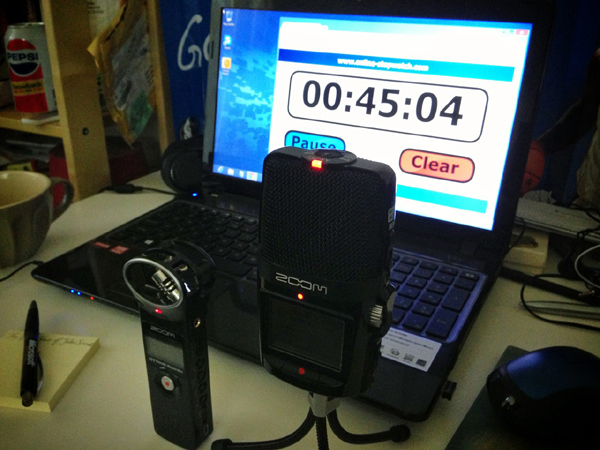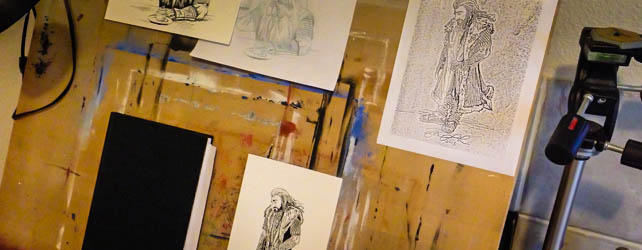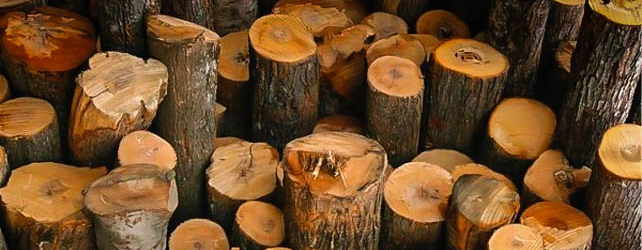One of the strangest things I think I’ve seen on social media is an almost rage from some when someone shares with them something they associate with that person. By this I mean…let’s just say someone is really into flying kites. Articles about kites are written every spring and people share the articles with the kite flyer…who’s probably seen the articles because they’re really into kites. Instead of a polite, “Thank you,” and moving on, it becomes this:
People, I am really into kites…do you not think that I haven’t seen the things you share with me since that is my thing?! I see these articles weeks before the rest of you — there’s no reason to keep sending me these things, so stop!
The Horror!
If the New York Times, Forbes, or someplace else has an article about podcasting, chances are several people will share it on my Facebook wall or email me the link. The rare juggling article: I’ve probably seen it weeks before the people forwarding it to me, sure…but how hard is it to say, “Thanks,” or even — if one feels the need — “I’ve seen this already, but thanks for thinking about me.”
Because that’s why people share some things, and why I can never get mad when someone sends a podcasting article I’ve already seen 10 times: it means in the minds of people who share these things that I am what they think of when they think about podcasting.
Stuff about Amtrak’s writer residency program I received, recently, means people think about me when they think about writers they know
.
If a juggling video shows up on people’s feeds, it’s often sent my way because people associate me with the juggler they know.
The Thing(s)
I recently wrote about the power of having a thing. These are the things that mean the most to me in life:
- Being a good husband, son, friend
- Being a good writer
- Being a good juggler
- Being a good podcaster
So if people send me articles about writing, juggling, or podcasting, it means I’m doing my job on some level. It also means if they hear about an opportunity for any of these things — chances are — they will come to me with the opportunity before others.
Really…how bad is that?
